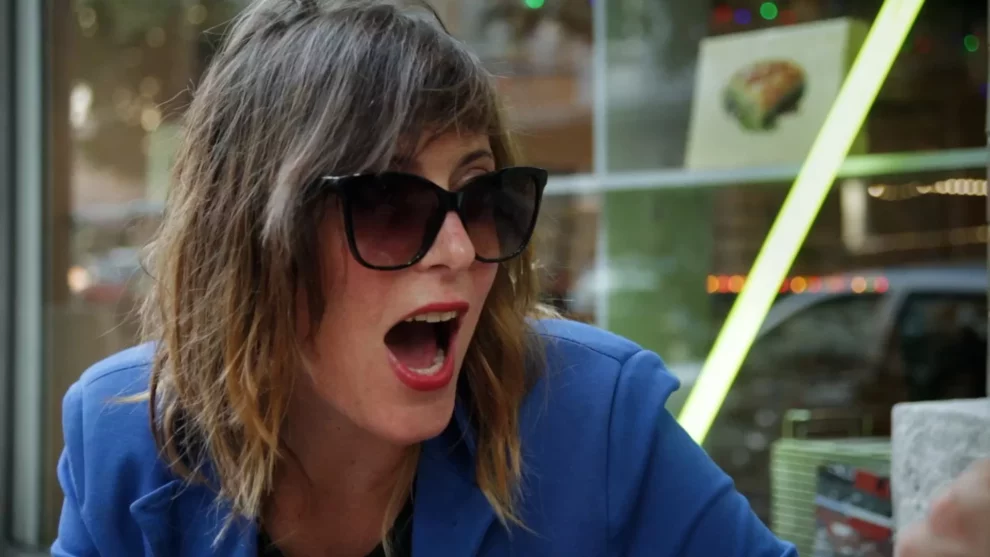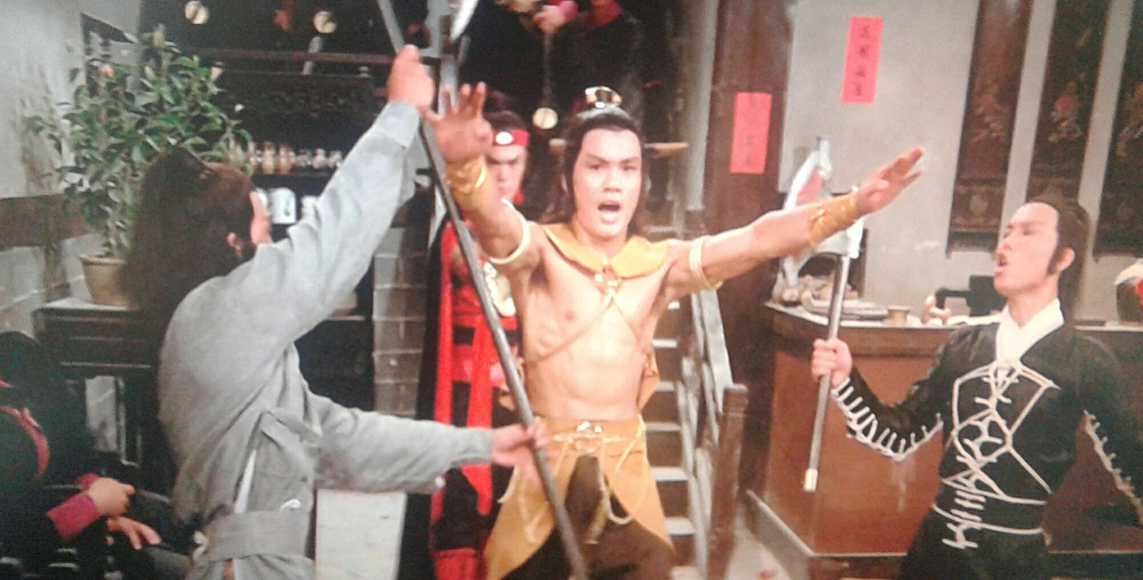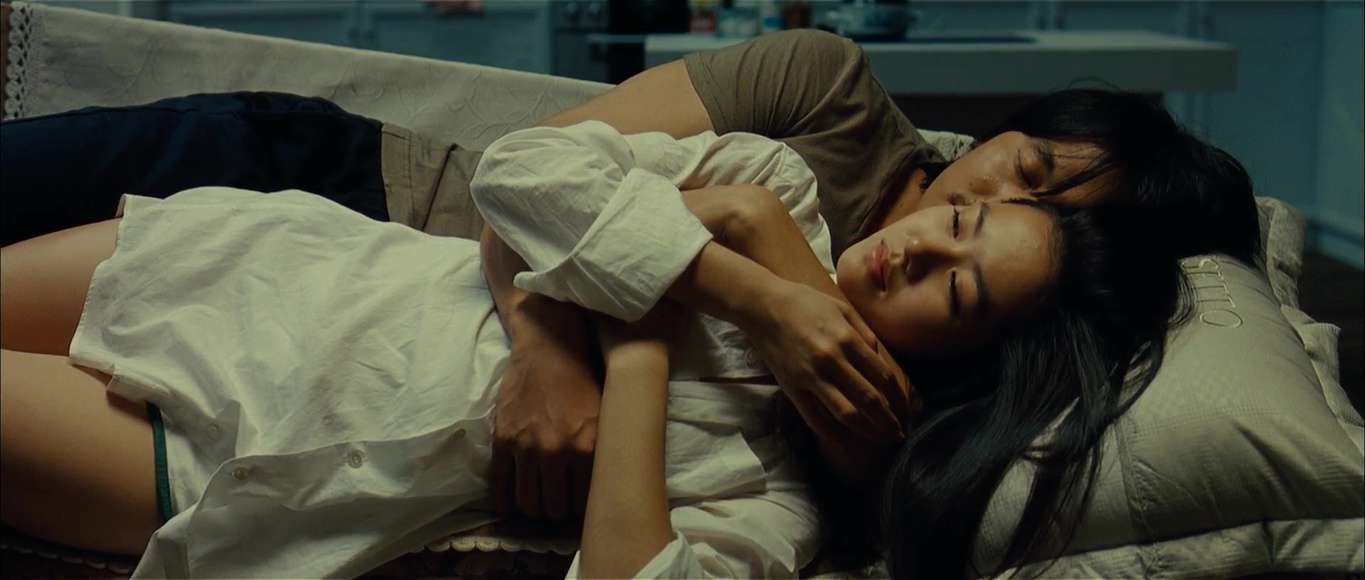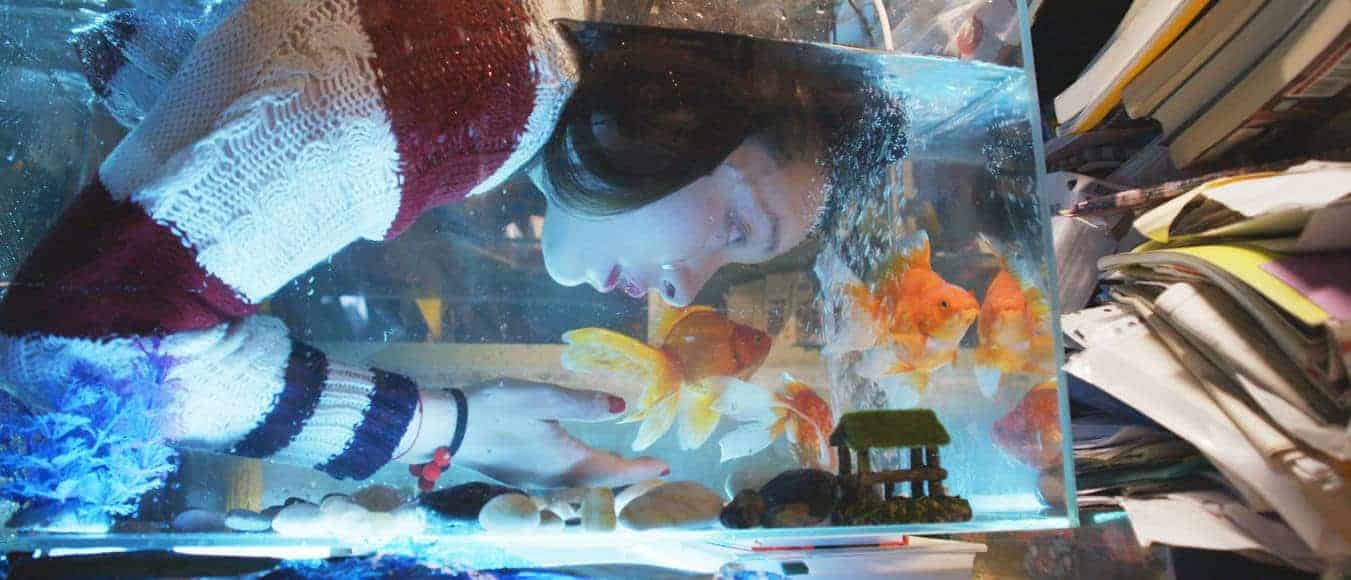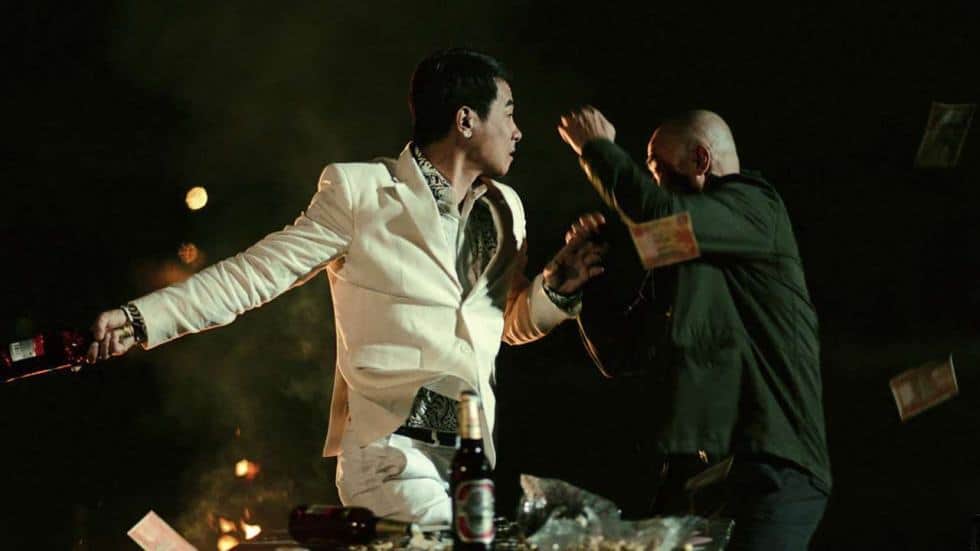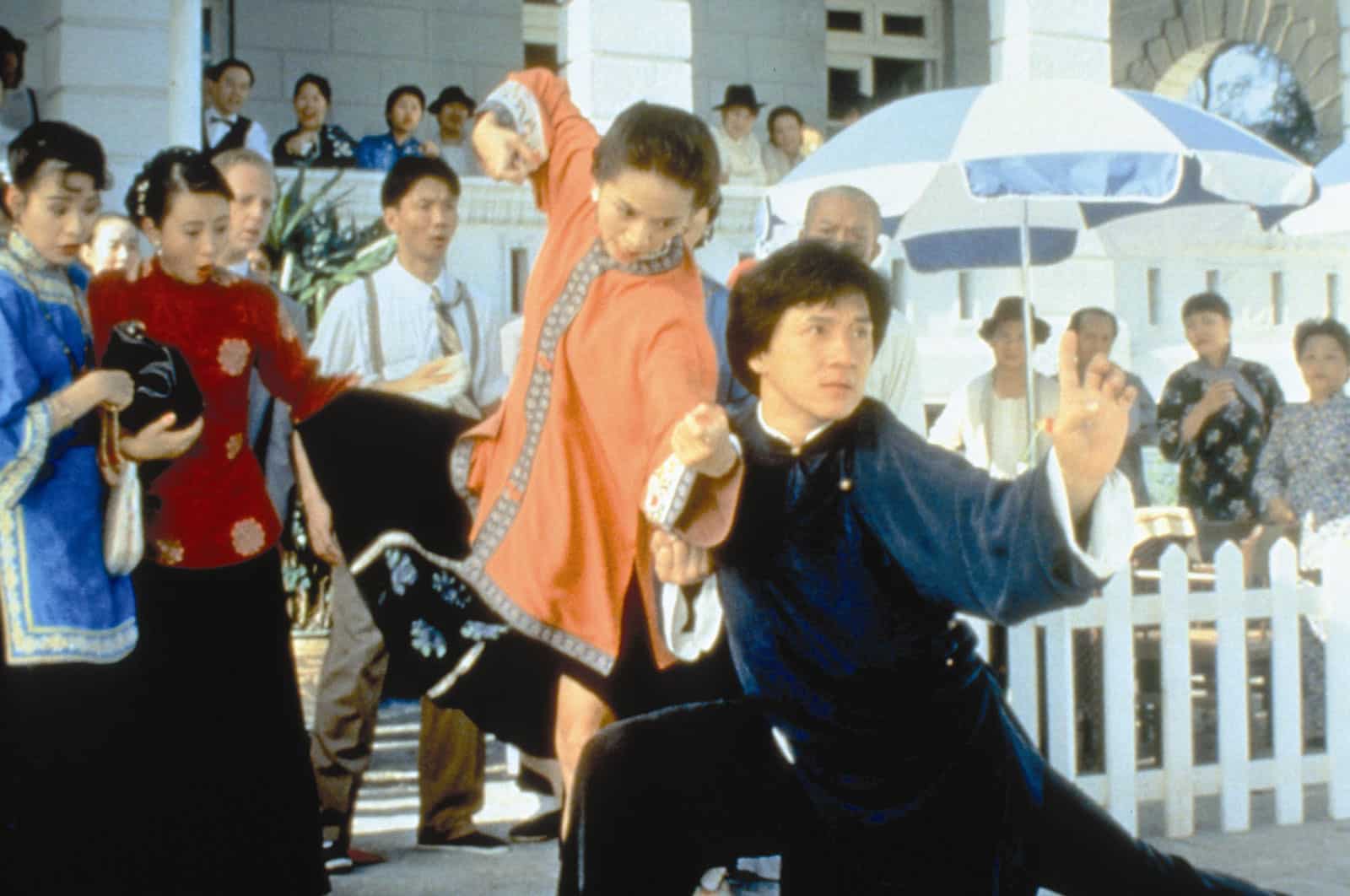One of the newest trends in the documentary scene is a rather evident effort to move away from the traditional approach of the medium and move towards more artistic paths (although not as avant-garde as Japanese filmmakers like Terayama and Oshima did the past), which linger somewhere between the experimental and the fictitious. This approach has become quite evident this year in Thessaloniki, with “From Abdul to Leila” being a prominent sample of this tendency.
From Abdul to Leila is screening at Thessaloniki Documentary Festival
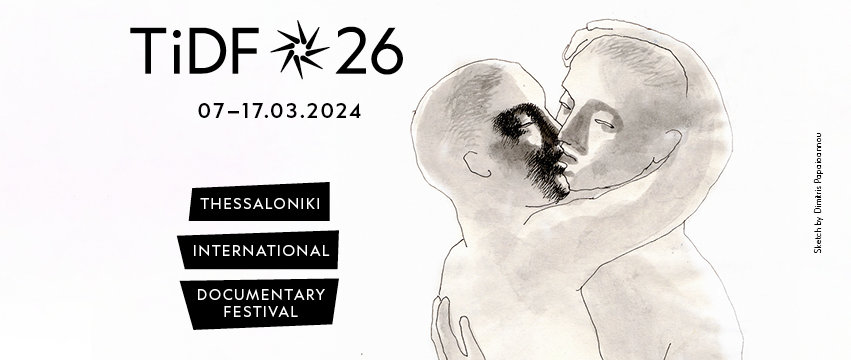
The titular Leila Albayati is a Franco-Iraqi, who, after hearing for years her father, Abdul, a former member of the Baath party, telling stories about Iraq, decided to visit the country when she was 18, when the country was under embargo and no planes were landing. However, something terrible happened to her there, with the film hinting on the fact until the revelation close to the end, and she returned to France a wreck. While alienating her family and indulging into various forms of “entertainment” in an effort to forget, she had a terrible accident that caused her to lose her memory and forced her to several years of exile. Now, she tries to reconnect with her family and her heritage, by learning Arabic and turning the poems her father wrote over the years, into songs. The language and the music gradually open the way to long-suppressed memories and lead her to discover her origins and the Arab world.
As such, the documentary unfolds in a number of axes, which border from the usual documentary approach to the delirious. Her father's stories about Iraq are quite interesting to listen to, as much as her mother's, which also include how the two met. Leila's issues with her father during her childhood to teenage years are also revealed, while the shadow of what happened to her in Iraq is hanging above the whole narrative here. Scenes of her dancing in a club, her drawings, her effort to learn Arabic, and her collaboration with her father in order to turn his poems into songs she sings are also repeated in the documentary. Lastly, a trip she takes to Egypt, where she also has a discussion with a victim of torturing in Iraq and a number of events that made the relationship between the West and the Arab world (Bataclan, USA's ‘war on terror”) conclude the rather multilevel approach.
The sociopolitical aspect of the movie, as dictated by the words of her father, her mother, and the man she talks in Iraq are as shocking as they are informative of the situation. Furthermore, what happened to Leila through her life and her effort to recover are also intriguing, inducing the movie with a sense of drama whose impact is heightened by the fact that this is reality and not fiction.
At the same time, however, when the documentary moves away from those elements and moves more towards art paths, the quality definitely decreases, with the music parts, the repeated footage from her dancing in the clubs and her smoking within idyllic settings not working particularly well. It is also those elements that highlight that, despite its main theme, the movie remains French and not Arabic (or Asian if you prefer), although the fact that the director actually acknowledges this and tries to change it dulls its impact to a point. Lastly, there are moments when the whole thing seems to move into self-promotion paths, which, again, do not work that well.
Barbara Bossuet, Zoé Nutchey and Albayaty's editing connect the different cinematic elements nicely, through a mid tempo that works most of the time, but the fact remains, that some of those elements are not as interesting as others.
As such, “From Abdul to Leila” emerges as a documentary that has both traits and issues, with the balance, though, tilting towards the former, in a film that fans of arthouse cinema will probably enjoy more than doc fans.


